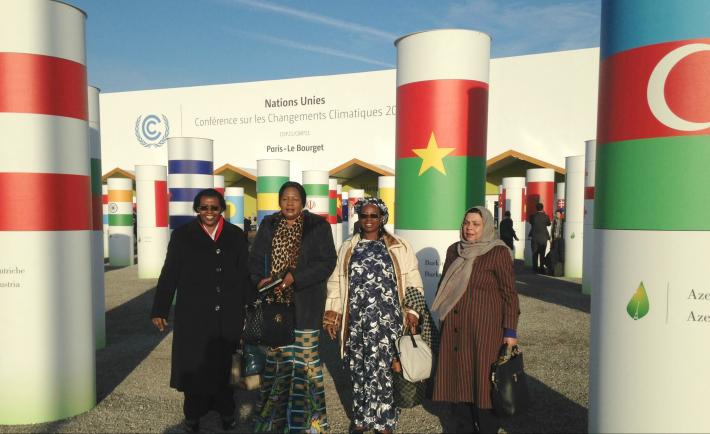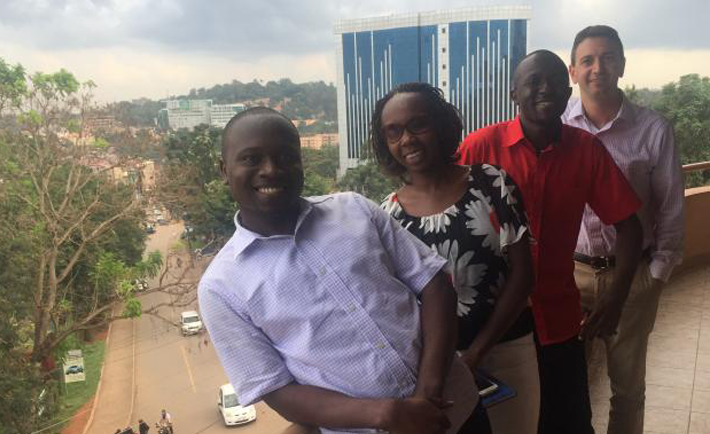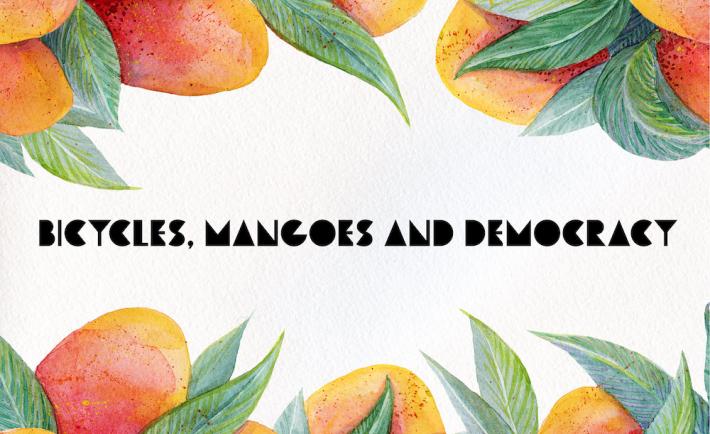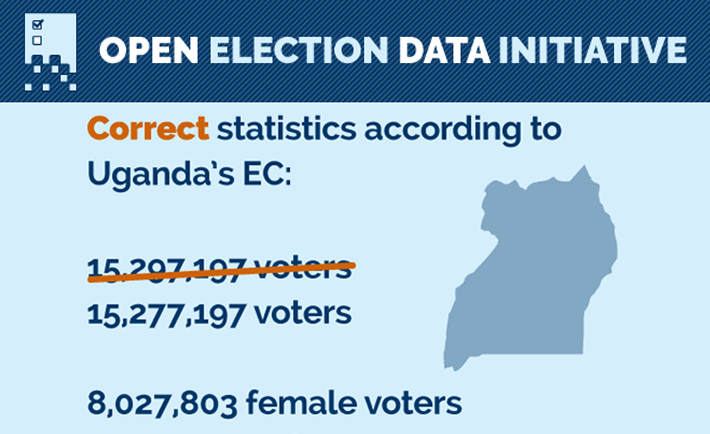When we arrived in Jinja, a row of bicycles for rent were neatly lined up outside the partner organization’s office. We met inside, amidst bicycles in various states of repair, leaflets and posters on cycling and a stretcher designed to be hitched to bicycles. This all seemed a little incongruous, given a conversation about vote buying and selling. Eventually, I had to ask about the relationship between bicycles and vote buying.
Bicycles, Mangoes and Democracy
Six Critical African Elections To Watch in 2016

Over the course of 2016, a total of 32 countries in Africa will hold elections from local to presidential (view interactive map). Map is based on U.N.-defined boundaries. Credit: NDI CC BY-NC
Africa is home to a wealth of political diversity and regime types. In 2015, elections brought about the first peaceful transfer of power to Africa’s most populated country, Nigeria, but also led to mass civil unrest and instability in Burundi. Over the course of 2016, 32 countries on the continent will hold elections from local to presidential. However, the context of each election varies not only in political landscape, but also in the strength of democratic institutions and norms embodied within each country’s political system. In countries like Ghana, political actors will compete in a fierce struggle of wooing enough voters amid an increasingly critical public. In Uganda, the competition will center upon establishing the rules of the electoral game, as a long-time ruler works to tilt the playing field in his favor. Understanding the political background of each election allows for a richer narrative in the journey toward democratic consolidation.
Open Election Data Pays Off in Uganda
We here at the Open Election Data Initiative noticed yesterday that the Election Commission of Uganda made voter registration information available for free at a granular level. Naturally, we were excited to see those two open data principles at work. The Election Commission published a file with the number of registered voters for each polling station along with the number of females and males registered at each station. The problem: they posted it as a dreaded PDF file, which is not an analyzable format.
Global Women's Leadership Program Brings Women MPs to COP21

Members of the GWLP delegation of women parliamentarians to the COP21 Summit in Paris, from left to right: Margaret Nantongo Zziwa, Uganda; Ake Camille Epse Akoun, Ivory Coast; Joséphine Drabo Kanyoulou, Burkina Faso; and Tayeba Zahidi, Afghanistan. Photo by Aretha Francis.
Under the Global Women's Ledership Program supported by USAID, NDI sent four women parliamentarians to the COP21 climate change summit in Paris.
From Strategy to Tactics - Assessment and Planning Tips for Technology-Enabled Programs

NDI meets with staff of OutBox Hub in Kampala, Uganda.
The goal of a planning a technology program assessment trip is to produce a detailed plan to meet program objectives and a shared vision between key stakeholders -- including the DC office, the partners, the field office team and other collaborators -- on how to make it all happen. We also need to be able to make sure that the partner's priorities and needs are matched to the appropriate tools.


